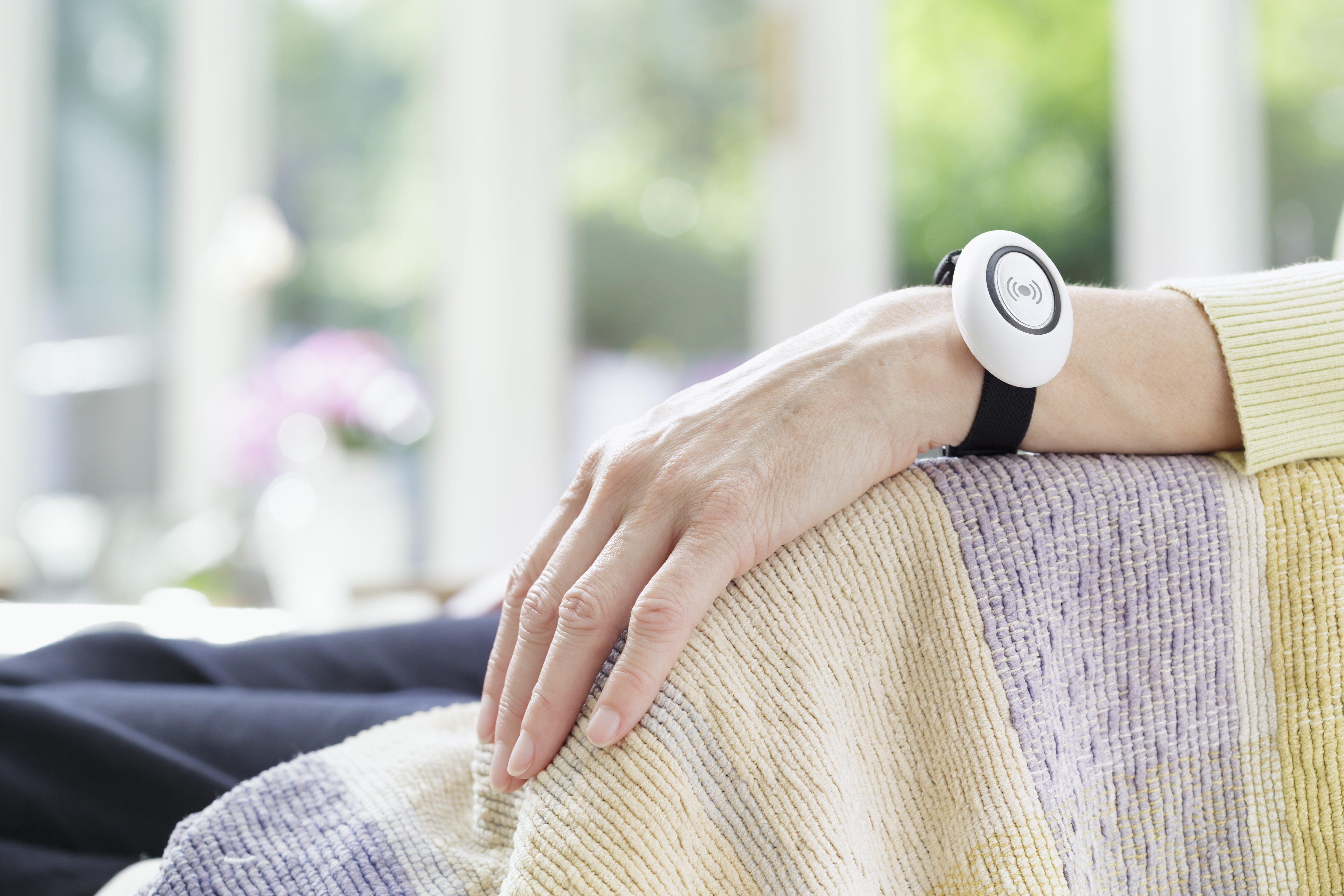Accidents in the home: What to do when you injure yourself at home
Although homes are generally seen as places of safety, there’s still a lot that can go wrong if we’re not careful.
Accidents in the home are actually extremely common. In fact, according to the Royal Society for the Prevention of Accidents (ROSPA), approximately 6,000 deaths a year* are the result of a home accident. Whilst it’s good to try to avoid these kinds of incidents, we can’t make ourselves immune to them. With that in mind, we thought we’d compile some useful information on what to do if accident strikes.
Burns and scalds
If you have scalded yourself, the first thing to do is to stop the burning process as soon as possible. Any flames should be either doused with water or smothered with a blanket. You should then take off any jewellery or items of clothing that are near to the burned area. Be wary of anything that is stuck to the skin, though, as trying to remove this could contribute to the damage. The next step is to cool the burn. However, contrary to popular belief, you should use lukewarm, rather than freezing cold water for this. Leave the burned area in the water for ten to twenty minutes, whilst keeping the rest of the body warm with a blanket. Then cover the burn with cling film, and don’t be afraid to go to hospital if you think it requires medical attention.
Cuts and grazes
If you have cut yourself you should first try to control the bleeding by applying pressure. To do so, press with a clean, non-fluffy pad or sterile dressing if available. You could also raise the injured part of the body, preferably above the heart, which will help to slow the bleeding. To clean the wound, wash your hands then run the injured area under running tap water. Pat dry and apply a sterile dressing. If a wound will not stop bleeding or looks particularly long or deep, you may need medical help.
Falls
The consequences of a fall can be serious if you don’t take the right first actions. If you feel strong enough to get up, make sure to do so slowly. Roll onto your hands and knees and use a stable piece of furniture to help you up. You should rest for a while before continuing with your day. If you aren’t able to stand after your fall, you should call for help. You can do this either vocally, by banging on the floor, or activating your personal alarm if you have one. If you can’t do any of the above, you should try to crawl to a telephone to dial 999. Try and reach something to keep you warm in the meantime, such as a blanket or jumper.
Accidents in the home are sometimes unavoidable. Just remember, if you find yourself in a tricky situation the most important thing is to keep calm. With a level head, you’ll be able to take the correct steps to reach a quick recovery. A personal alarm can be a good idea as it means help is always at hand if no one else is around.
The Age UK Personal Alarm service works by pressing the button on the pendant or alarm unit and connecting the user to a dedicated 24 hour Response Centre. The system operates a two-way speech link to enable the person who has raised the alarm to talk to an operator within seconds. The operator can then contact the chosen key holder – most often a friend, neighbour or relative – who can visit and offer assistance. If there is no contact available, or if the situation is more serious, the emergency services will be contacted.
If you would like to find out how a personal alarm could help in the event of having an accident at home, please visit our website www.ageuk.org.uk/alarm for more information.
Age UK Personal Alarms are provided by Aid-Call Limited.
*Source: Royal Society for the Prevention of Accidents (ROSPA) (Date: 11.11.2015)
ADVERTORIAL
Latest posts by Sally - Silversurfer's Editor (see all)
- The best of Debbie Reynolds - March 31, 2025
- Peter’s Gardening Tips for the month of April - March 31, 2025
- Stronger bones after 50: How to ensure you’re getting enough calcium - March 28, 2025
- Do you refer to it as Mothering Sunday or Mother’s Day? - March 27, 2025
- Embark on a SixStar Cruise - March 26, 2025




















